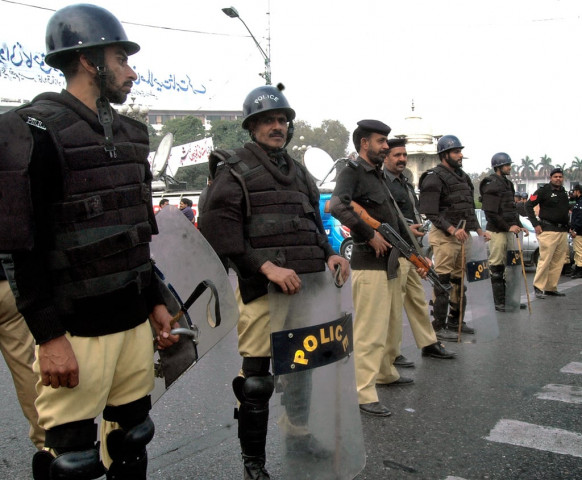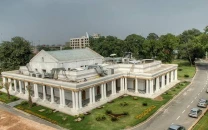Welcome changes in policing
With a more sensitised police,we can eventually hope for more reporting of crime as well as less biased investigations

Training the police in fundamental human rights and policing of women and children is just as necessary PHOTO: EXPRESS
Training the police in fundamental human rights and policing of women and children is just as necessary. People often feel harassed or intimidated when dealing with the police, particularly when it comes to crimes against women and children. Police officials are often known to ask insensitive questions in such situations and indulge in character assassination of women that makes many hesitant to approach the police, especially where crimes of sexual violence are concerned. With a more sensitised police, we can eventually hope for more reporting of crime as well as less biased investigations. With little awareness about basic human rights in our society, many fundamental rights are suppressed in the name of tradition, leaving many unable to recognise what is due to them. A sustained effort to train the police with respect to human rights and civil liberties can also lead to a better informed citizenry.
Published in The Express Tribune, May 26th, 2015.
Like Opinion & Editorial on Facebook, follow @ETOpEd on Twitter to receive all updates on all our daily pieces.


















COMMENTS
Comments are moderated and generally will be posted if they are on-topic and not abusive.
For more information, please see our Comments FAQ